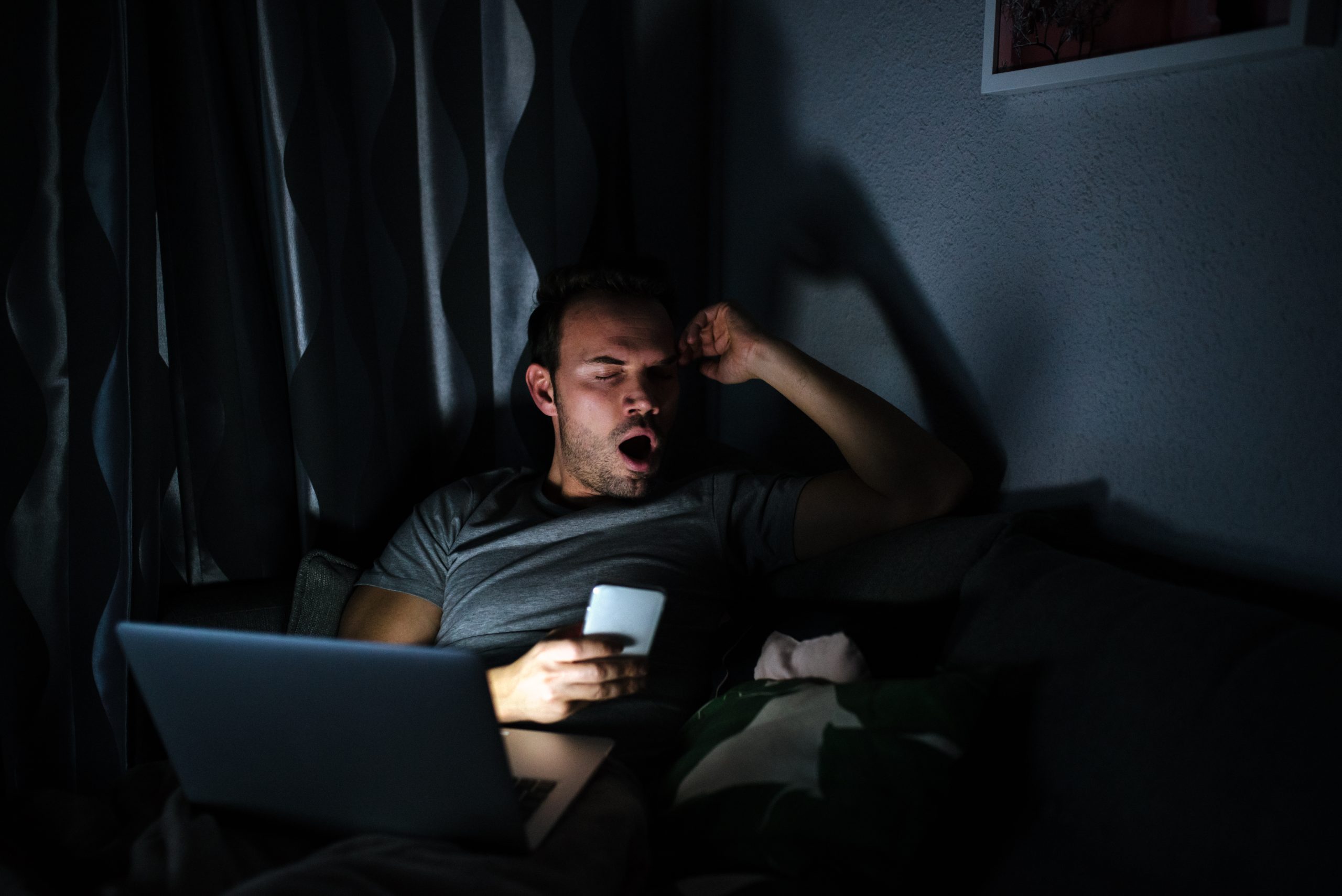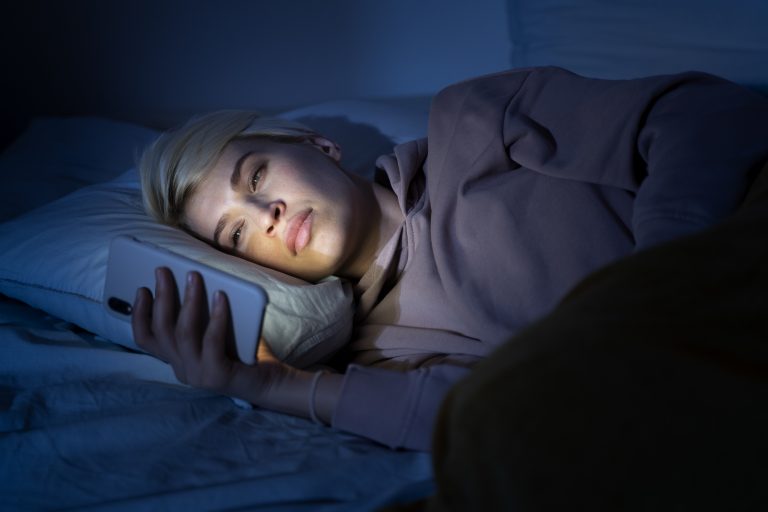Sleep is one of the cornerstones of our health, yet many people struggle to get enough quality sleep. Common issues include difficulty falling asleep, waking up during the night, or feeling tired in the morning. These problems not only affect daily performance but can also lead to serious long-term health risks, such as heart disease, obesity, or depression.
Why don’t we sleep well?
The causes of sleep disorders can be multifaceted: stress, anxiety, poor lifestyle habits (e.g., too much caffeine or alcohol), or even sleep apnea (breathing interruptions during sleep). Additionally, blue light from smartphones and computers can inhibit melatonin production, the hormone essential for sleep.
How does poor sleep affect our brain?
During sleep, the brain goes through several stages, each of which is crucial for the regeneration of the body and mind. Lack of sleep or poor sleep quality disrupts these processes, contributing to memory problems, lack of concentration, and emotional instability.
How does sleep affect our immune system?
During sleep, the immune system actively regenerates: the production of cytokines and the activity of T-cells increase, which are vital for defending against pathogens. Sleep deprivation disrupts these processes, weakening the body’s immune response and making us more susceptible to infections. Chronic sleep deprivation also increases inflammation, which can contribute to long-term conditions such as cardiovascular diseases. In contrast, quality sleep promotes healing and maintains immune balance.
How does sleep deprivation affect stress?
Sleep deprivation disrupts the body’s stress response: cortisol levels remain elevated, increasing anxiety and making stress management more difficult. Additionally, lack of sleep impairs the brain’s emotional regulation centers, leading to increased irritability and mood swings. This creates a vicious cycle, as stress further worsens sleep quality. Chronic sleep deprivation can damage the cardiovascular system and increase the risk of depression. Mindfulness or relaxation techniques can help break this cycle by reducing stress and promoting restful sleep.
These solutions are just examples. Everyone has different needs, priorities, and issues. What works for one person may not work for another. Experiment to find what helps you, and don’t worry if it’s unique.
- Screen-free time: Avoid screens 1-2 hours before bedtime.
- Comfortable sleep environment: Ensure your bedroom is dark, quiet, and cool.
- Limit caffeine: Avoid coffee, tea, or energy drinks after 6 PM.
- Meditation and mindfulness: These practices help recharge the brain and reduce stress.
- Omega-3 supplements: Omega-3 fatty acids may improve brain function and reduce inflammation, indirectly benefiting sleep quality.
Good sleep is not a luxury but a fundamental need. Small changes can make a huge difference—start with a comfortable pillow or a caffeine-free evening tea. Remember: quality sleep is the key to your health!
References:
- National Sleep Foundation. (2025). Why Sleep Matters. https://www.thensf.org/connection-between-sleep-health-and-flourishing-in-life/
- Harvard Health. (2025). Tips for Better Sleep. https://www.health.harvard.edu/topics/sleep
- Walker, M. P. (2017). Why We Sleep: Unlocking the Power of Sleep and Dreams . Simon & Schuster. https://archive.org/details/whywesleepunlock0000walk/page/n1/mode/2up
- Goel, N., Basner, M., Rao, H., & Dinges, D. F. (2013). Circadian rhythms, sleep deprivation, and human performance. Progress in Molecular Biology and Translational Science, 119 , 155–190. https://pubmed.ncbi.nlm.nih.gov/23899598/





